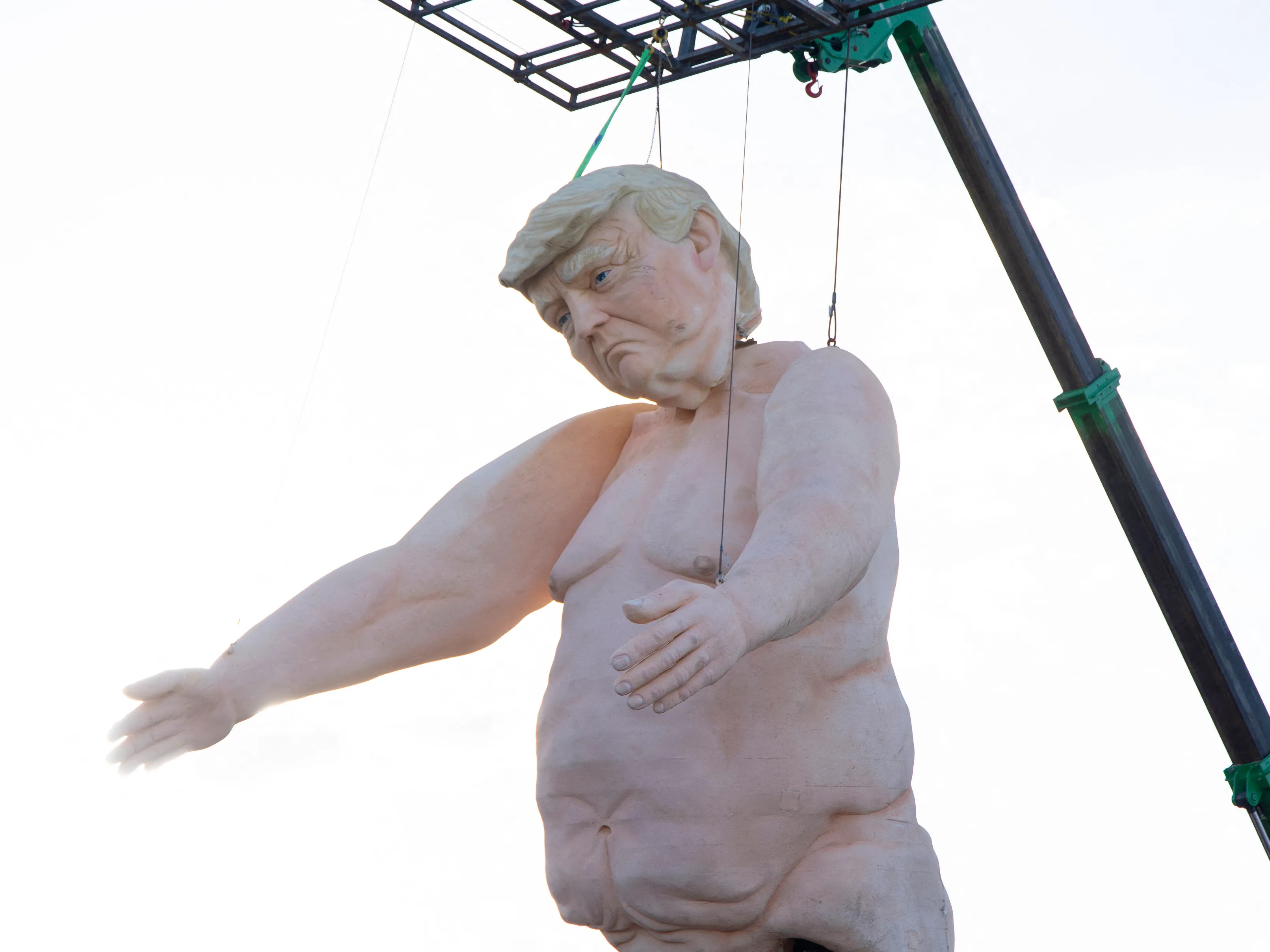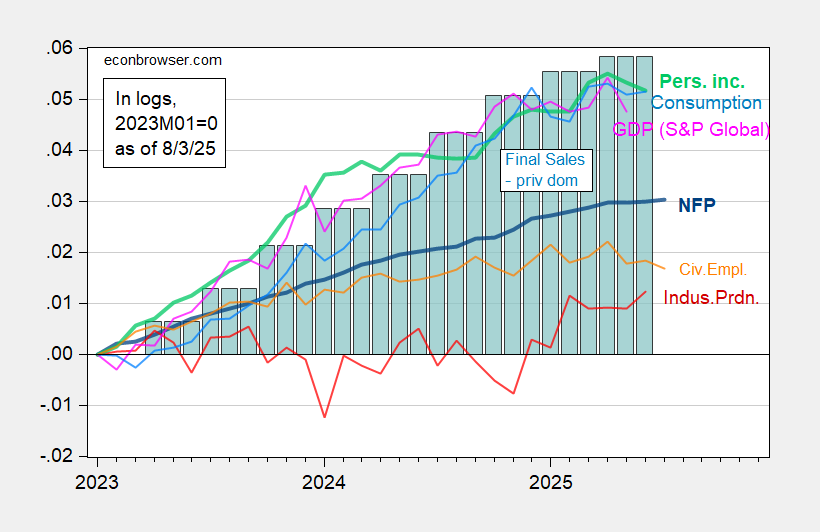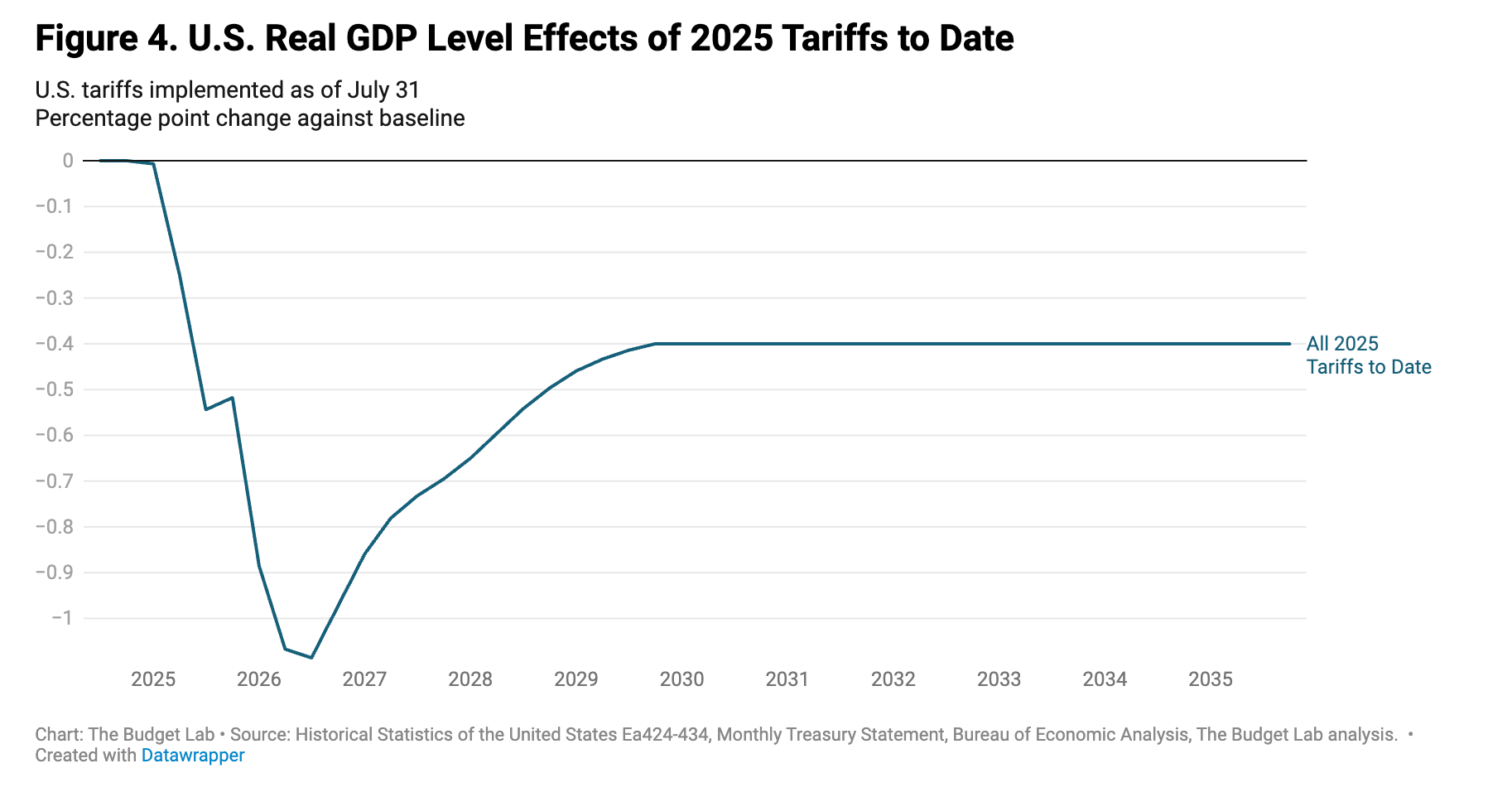
1681. Laffer Curve in the United Kingdom?
An argument that the UK government's capital gains tax changes have led to decreased revenue, highlighting the long-term effects of tax policy on economic behavior.
your daily dose of economic commentary

An argument that the UK government's capital gains tax changes have led to decreased revenue, highlighting the long-term effects of tax policy on economic behavior.

The post discusses Trump's nomination of Stephen Miran to a temporary position on the Federal Reserve's board of governors.

Nate Silver shares insights from his extensive flying experience, advising on optimal airport arrival times and challenging conventional wisdom about excessive early arrivals.

Kevin Corcoran analyzes the rise of symbolic capitalists, their demographic characteristics, and their ideological alignment with Progressivism in American society.

The post reviews three media pieces, critiquing a TV show for poor writing, praising a film for its artistic depth, and exploring themes of isolation and connection.

Paul Krugman critiques Donald Trump's misconceptions about a trade deal with the EU, highlighting the economic implications of tariffs and their limited impact on Europe.

Tips for mindful shopping are shared to help avoid regret and overspending, emphasizing the importance of resisting impulsive purchases.
A discussion on nuclear weapons, fear, decision-making in crises, and reflections from defense officials on war and disarmament.

The post discusses escalating tensions between the U.S. and India due to increased tariffs and pressure on India regarding Russian oil purchases.

Scott Horsley discusses the legality of President Trump's tariffs and their financial implications for the government and American families.

Tariffs on goods from over 60 countries and the EU are implemented, coinciding with emerging economic challenges in the U.S.

Marcos Falcone explores how libertarians can redefine equality through the concept of "equality of permission" to bridge the gap between freedom and equality in public discourse.

A major computer system outage caused significant disruptions to United Airlines flights across the U.S., leading to ground stops at major hubs.

Menzie Chinn discusses the U.S. economy's resilience, cautioning against recession predictions despite some negative indicators and trade policy impacts.

An argument that discusses various economic indicators and metrics to assess the likelihood of a recession, emphasizing housing, yield curves, and vehicle sales data.

Jon Murphy clarifies the distinction between accounting identities and economic models, emphasizing their different roles in understanding economic relationships and behaviors.

Alina Selyukh discusses Claire's second bankruptcy in seven years, highlighting issues like debt, changing shopper habits, and tariff costs.

An argument that despite harmful economic policies, stock market resilience is driven by narratives, particularly optimism about AI, rather than accurate predictions of economic downturns.

The post highlights favorite immigrant memoir comics, emphasizing their diverse perspectives on the immigrant experience and their cultural significance in understanding America today.

Mortgage applications rose due to lower rates, reflecting a response to economic conditions, with both purchase and refinance activities showing significant year-over-year increases.